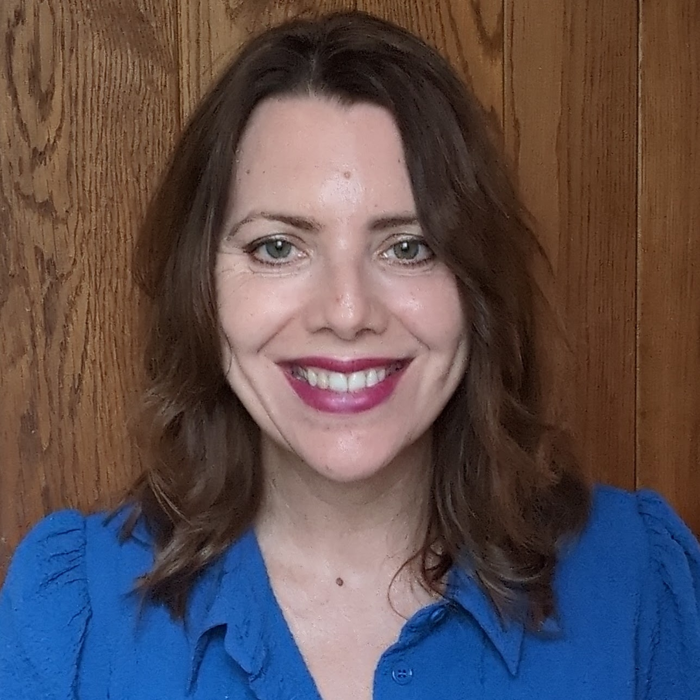The Acoustics of Belt Singing
Thursday 3rd October 2024, 5:00 PM - 7:00 PM (London Time)
Contemporary Commercial Music (CCM) covers a multitude of singing styles that have received less scientific attention than other types of singing. This is despite the fact that the vast majority of those who earn money singing (or teaching singing) do so in CCM styles. Belting − also referred to as the “musical theater” style or “broadway singing” − is a primary vocal quality in many styles of CCM.
Voice acoustics is an active area of research in many labs, including Dr. Meyer’s, where the science of singing is explored to inform (and improve) our pedagogical practice. However, voice acoustics is often a source of confusion for students and teachers alike.
In this workshop Dr. Meyer will present an overview of the acoustics of “belting” using layman’s terms appropriate for the beginning voice scientist and singing teacher alike. Particular emphasis will be given to instances where the first vocal tract resonance (which in the radiated sound is a “formant”) boosts the second harmonic of the sung tone (fR1 = 2fo). Though many sub-categories of “belt” may exist, a dominant 2fo (second harmonic) seems to be the common distinguishing spectral feature and an acoustic hallmark of belting.
Participants in this course will increase their knowledge of belt acoustics, and explore strategies for applying this knowledge in singing instruction.
🏷️ Price £30 (UK VAT inclusive)
🎥 Recording automatically sent to all who book (even if you cannot attend live)
▶️ Rewatch as many times as you like
📜 Certificate of attendance available
David Meyer
A leading scholar and researcher of the singing voice, David Meyer is an active performer, teacher, clinician, and voice scientist.

Attend this course for as little as £22 as part of the Voice Professional Training CPD Award Scheme.
Learn MoreSorry, this is an archived short course...
We have plenty of upcoming short courses coming soon. See details of some of them below or look at the full list of short courses.

Tuesday 13th January 2026
5:00 PM - 6:30 PM
Tuesday 20th January 2026
5:00 PM - 6:30 PM
Tuesday 27th January 2026
5:00 PM - 6:30 PM
Tuesday 3rd February 2026
5:00 PM - 6:30 PM
Tuesday 10th February 2026
5:00 PM - 6:30 PM
(London Time)
Introduction to Postgraduate Academic Skills - Join Live!

Debbie Winter
Are you ready to elevate your academic journey? Hosted by our very own Debbie Winter, join our comprehensive Introduction to Academic Skills course, designed to equip you with essential tools and strategies for success in higher education. Perfect for bridging the gap between undergraduate and postgraduate study, this course offers a pathway to our full MA for students without an existing degree. We offer both live, interactive sessions and standalone, pre-recorded content.

Thursday 15th January 2026
5:00 PM - 7:00 PM
Thursday 22nd January 2026
5:00 PM - 7:00 PM
Thursday 29th January 2026
5:00 PM - 7:00 PM
Thursday 5th February 2026
5:00 PM - 7:00 PM
Thursday 12th February 2026
5:00 PM - 7:00 PM
(London Time)
Trauma-Sensitive Voice Professional Certificate with Dr Elisa Monti

Dr Elisa Monti
Updated for 2026, this five-part certificate course is designed to help participants learn the theory and practice of trauma-sensitive approaches. The concepts and activities included are tailored to meet the needs of voice specialists who want to acquire more specific tools to navigate the space with their students and colleagues.

Monday 9th February 2026
5:00 PM - 7:00 PM
(London Time)
Certificate in Applied Voice Pedagogy with Adam Roberts

Adam Roberts
Spring Immersive - live and interactive learning! This 12-week online programme is designed for voice professionals committed to deepening applied voice pedagogy skills and advancing professional practice. The course offers a rich environment to reflect on your teaching philosophy and develop applied pedagogical techniques. It is ideal for voice teachers, coaches, therapists, and performers seeking to bridge foundational knowledge with practical, student-centered applications.
